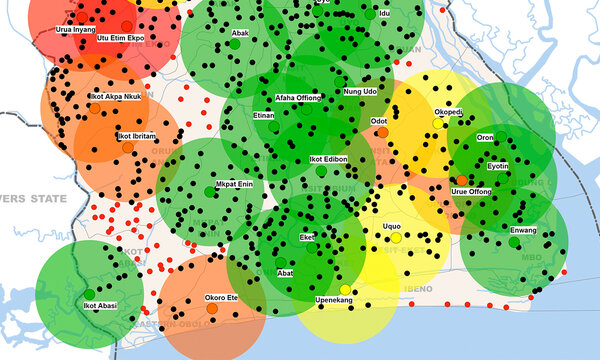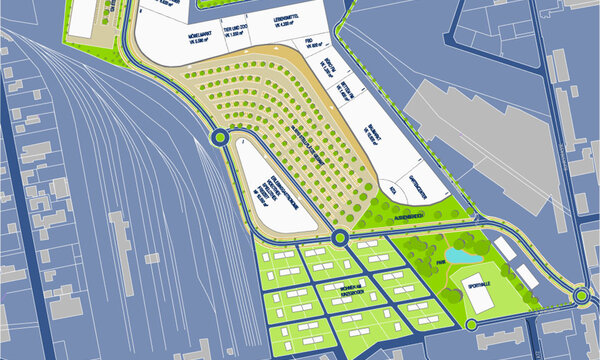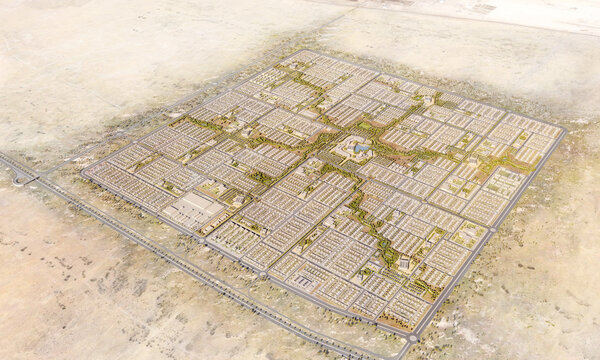Public Transport Concept Abuja Metropolitan Area
Abuja, 2005 - 2008
Transportation study as a framework for a sustainable future development; observed were the national railways, local light rail, high-speed railway system as well as the bus network
Use
Mobility
Timeframe
2005 - 2008
Client
Federal Capital Development Authority Abuja
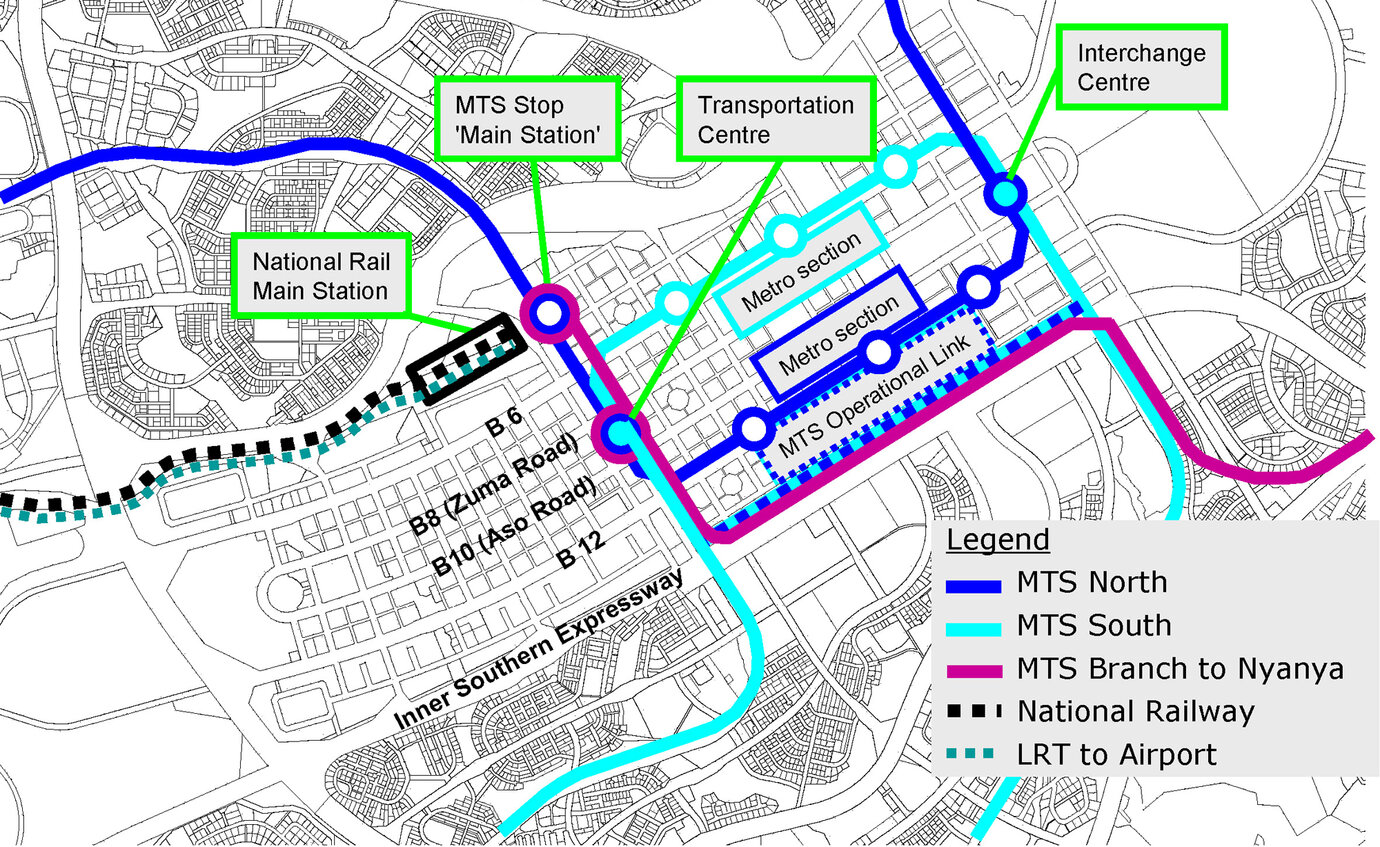
mass transit system in the central area
The original master plan for Abuja was conceived in the late 1970s and development of the new Nigerian capital began in the mid 1980s. Today Abuja is a rapidly growing metropolis. Its growth cannot only be detected in the city itself, but also in the adjoining satellite towns and settlements. In 2003 the Federal Capital Development Authority of the FCT initiated a review of the Abuja master plan. The intention was to revise the original master plan where necessary to better suit society's needs so that development could continue in an orderly and sustainable manner. The review of the Abuja master plan dealt with various focal aspects of the city's development and consisted of three main components: the review of the urban design of the central area of Abuja, a master plan for a satellite town in Abuja northwest and the transportation study for the public transportation systems in the context of the metropolitan area. This study presented a comprehensive overview of the measures, lines and components required to develop an integrated and viable public transportation infrastructure system considering the national railway, regional commuter rail, the Abuja City Mass Transit System, and bus services. The connection of focal urban areas by fast, affordable and direct public transport to the Abuja central area as well as long-term requirements shall support ongoing and initiate future developments.
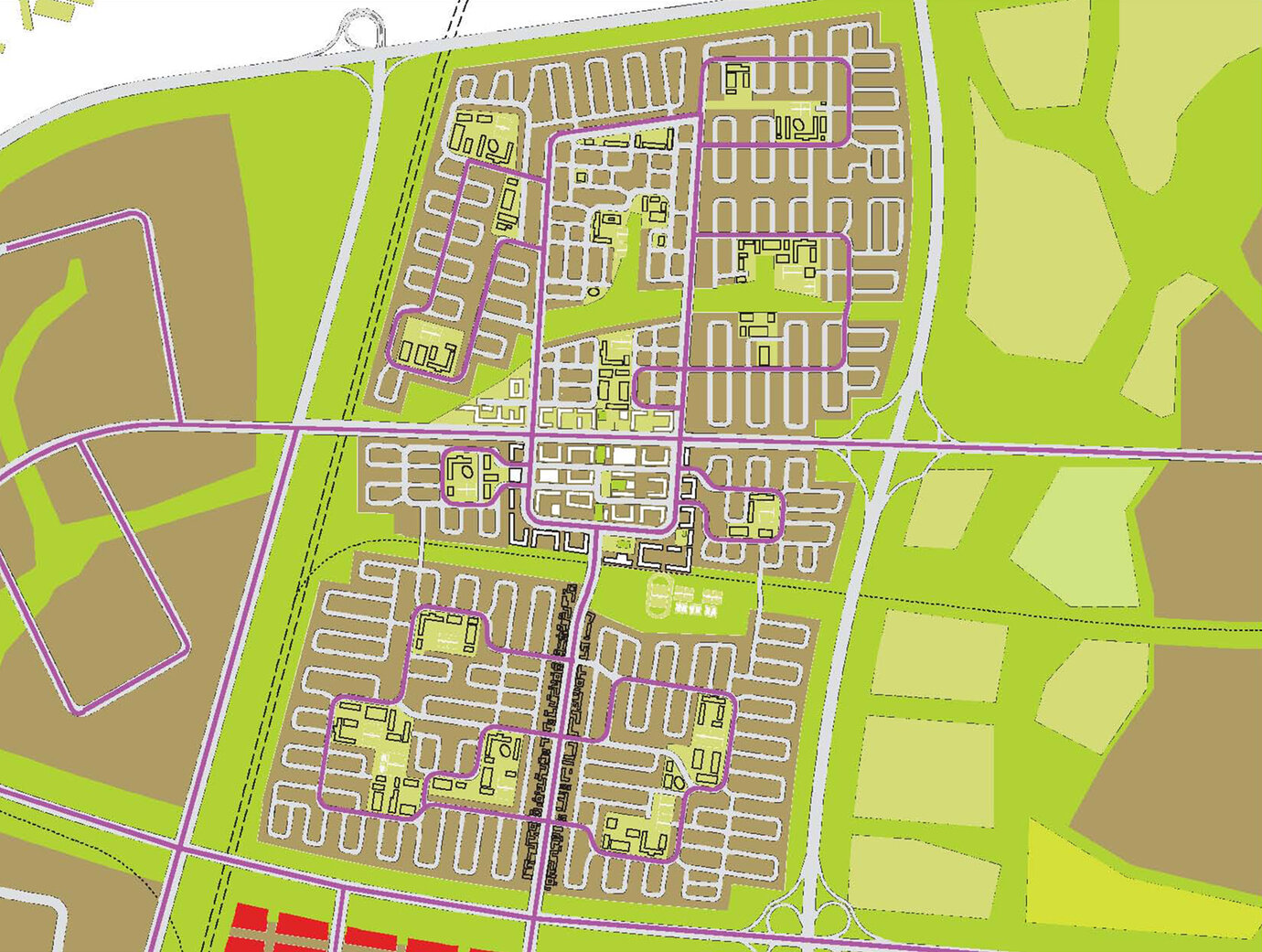
Bus routes within a sector of Abuja North Phase 4 - West
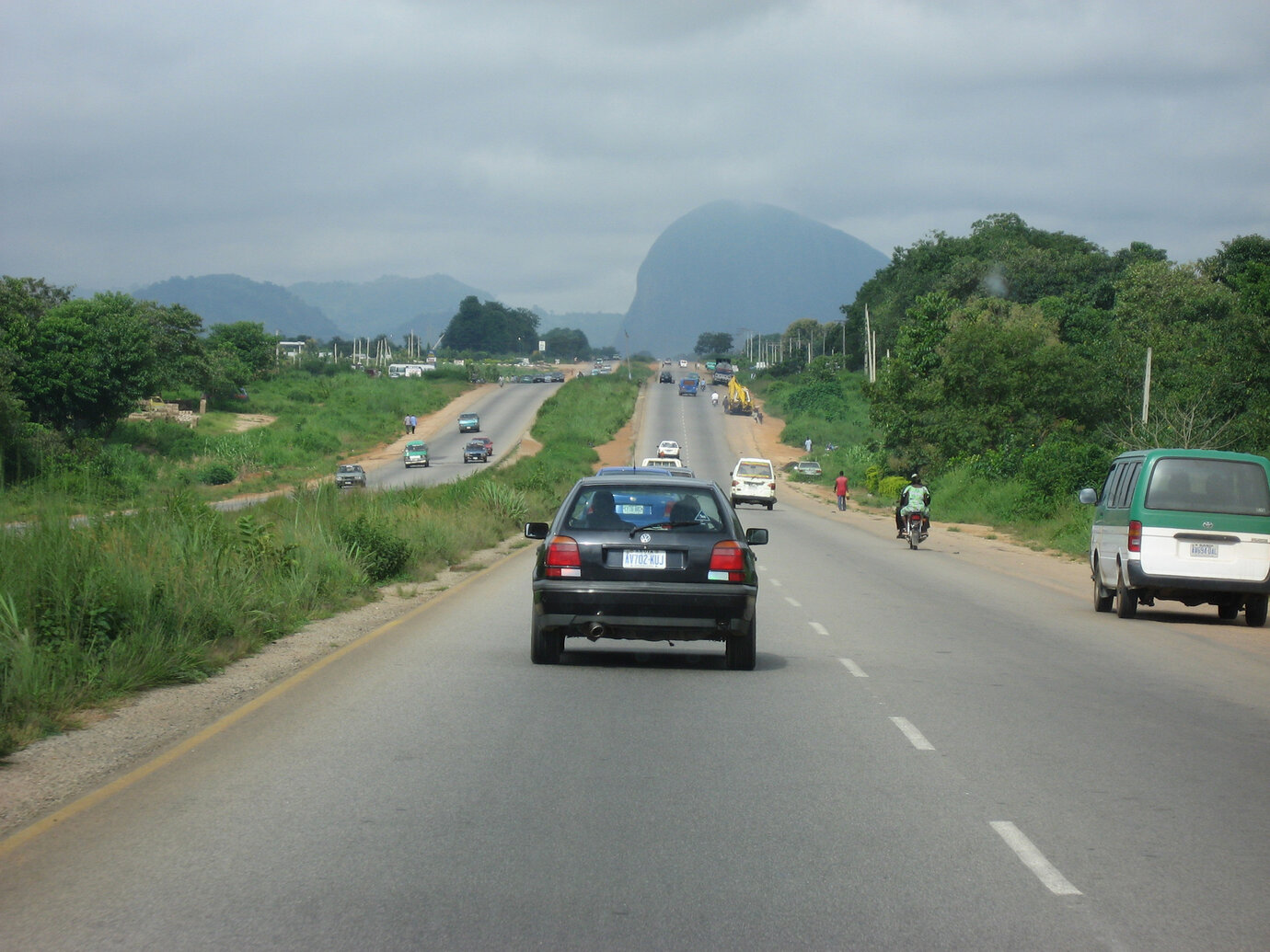
Abuja's northern boundary expressway
